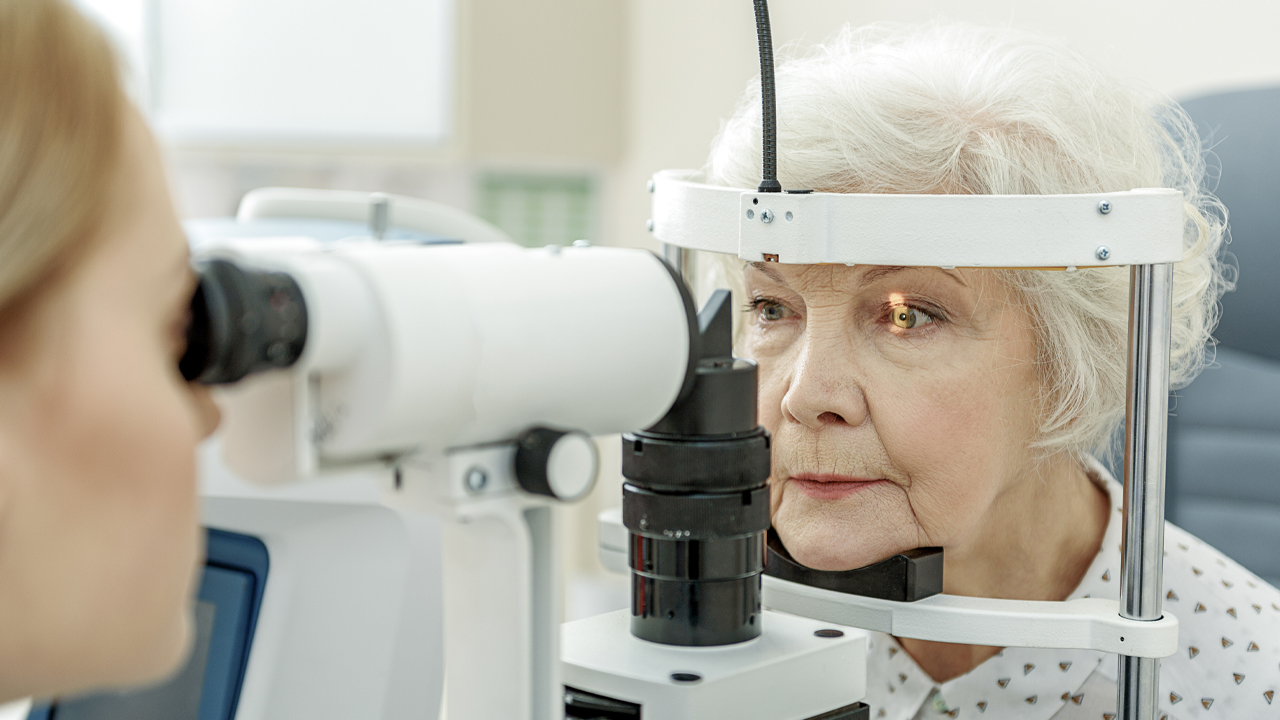- Glaucoma is one many disease affecting vision: causing blindness on 300,000 Australians and over 60 million people worldwide
- Treating glaucoma is far from perfect, as sufferers are unable to reverse effects and are only prolonging issues with inefficient eye drop medications
- ASX companies like Phylogica and Neuroscientific Biopharmaceuticals are chasing a future in pharmaceuticals, looking to redevelop the drug delivery system which could pave the way to better treatment and efficient results
- Phylogica checked a massive box today, partnering with UWA’s Lions Eye Institute which allows the company to combine its delivery technology with an effective drug carrier — giving hope for change in the coming years
Glaucoma disease affects over 300,000 Australians and there is still no cure. World wide this disease is affecting over 60 million and could be worth as much as $25 billion per year.
Known treatments of glaucoma can only soften the loss of vision, but repairing lost vision is impossible and usually prolongs the inevitable which can lead to blindness.
Aside from glaucoma also exists uncorrected damage to optic nerves, cataracts and diabetic retinopathy which all threaten a person’s vision.
Neuroscientific Biopharmaceuticals (NSB) is one of many ASX companies looking to attack diseases like glaucoma.
Today the company announced it has a fighting chance to put a stop to the problem after seeing a success in administering drugs through the optics of a test rabbit.
NSB also stated today that glaucoma treatment alone as a market could grow $5.3 billion per year over the next three years.
Reaching the unreachable cell
Part of why pharmaceutical companies are targeting the cells through eyes, is that the method allows the delivery of drugs into previously unreachable cells. By utilising this a special set of eye drops, in theory, could treat your glaucoma better.
While drugs delivered with eye drops are technically not new, scientists and doctors are struggling to keep this method of delivery efficient and effective. Sufferers of glaucoma are frequently administering eye drops throughout the day.
While known drugs should be working, they frequently fail to reach the target cells. New effectiveness in this drug delivery means a glaucoma patient could administer their treatment maybe once a day or less instead and see better results.
Company Phylogica is one of many ASX competitors filing its way to the front with this treatment on its to-do-list. Phylogica explains this delivery of drugs as ‘Cell Penetrating Peptides’.
Today the company secured a massive step in its journey, entering a partnership with Australian research lab Lions Eye Institute.
Lions Eye is a medical institute affiliated with the University of Western Australia. Founded in 1983, the research centre is wholly focused on saving eyesight in patients.
“I am excited by the prospects for this new partnership,” Phylogica Chairman Alan Tribe said.
“It brings together [our company’s] drug delivery system and an elegant drug to treat the leading cause of childhood blindness.”
Phylogica management asserted its main goal is to treat retinitis pigmentosa — a rare disease that is the leading cause of childhood blindness. No treatments currently exist, representing a market worth at least $1 billion.
“The team that has been created will be capable of achieving much,” Alan said.
According to Phylogica, a leading drug candidate for the disorder has shown preliminary evidence in reversing the disease process in a set of clinical test human cells.
How far away is the future?
A fully realised delivery of these drugs is still far in the pipeline, however. Companies like Phylogica and NSB are still tinkering away at the perfections of the delivery on animals such as rabbits and pigs before moving onto human trials.
Even when these companies begin human clinical trials, it will still be a long time before drugs are perfected and reach approval in the pharmaceutical market.
With Phylogica’s new partnership today also comes the appointment of Professor Sue Fletcher.
Sue is an industry leader and expert in the design and development of precision medicines. She will serve Phylogica on a part-time basis as Chief of Research.
With the appointment of Sue Fletcher and a new partnership with Lions Eye Institute, Phylogica is in a unique position to independently take drug solutions to market through commercial collaboration.
The company has also advanced from just researching the drug delivery platform, to also researching a new class of therapies for curing eye blinding diseases.
The partnership between Lions Eye and Phylogica is named Vision Pharma and combining Phylogica’s cell penetrating peptides with a drug carrier known as antisense oligonucleotide, has made the team one-to-be-reckoned with.
“We look forward to the clinical development of therapeutics for Retinitis Pigmentosa and other degenerative retinal diseases,” Sue Fletcher said.







